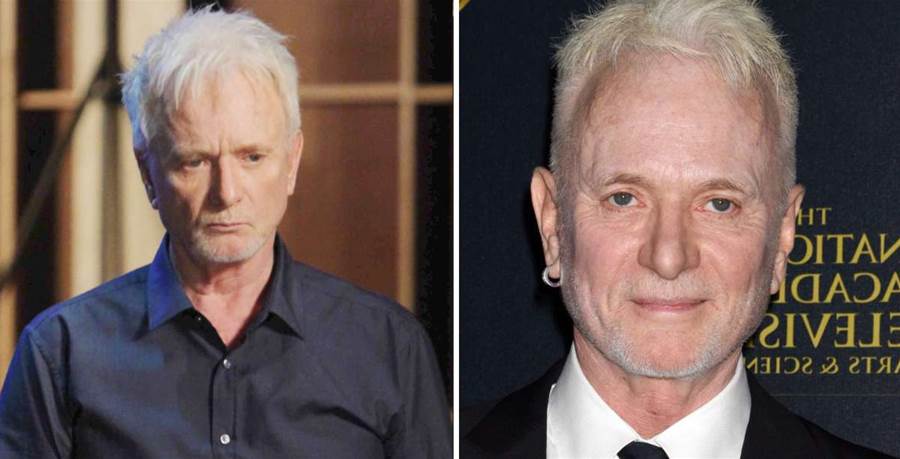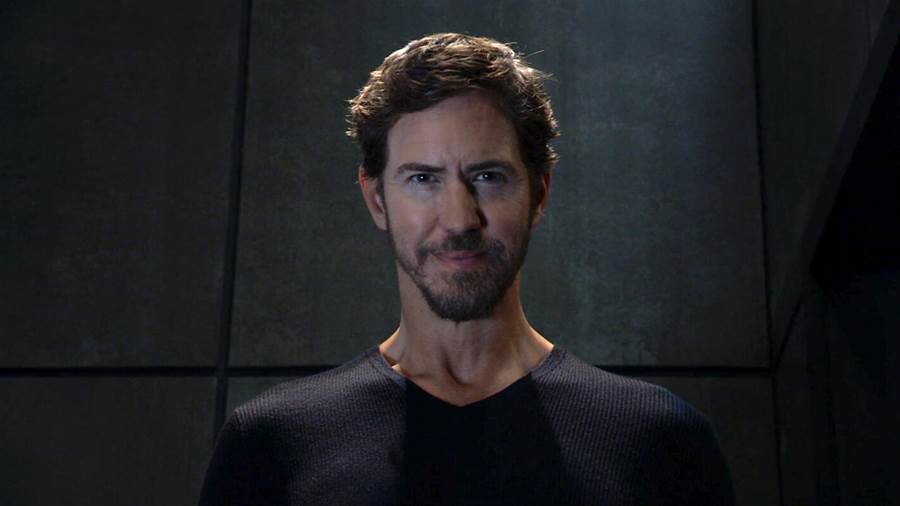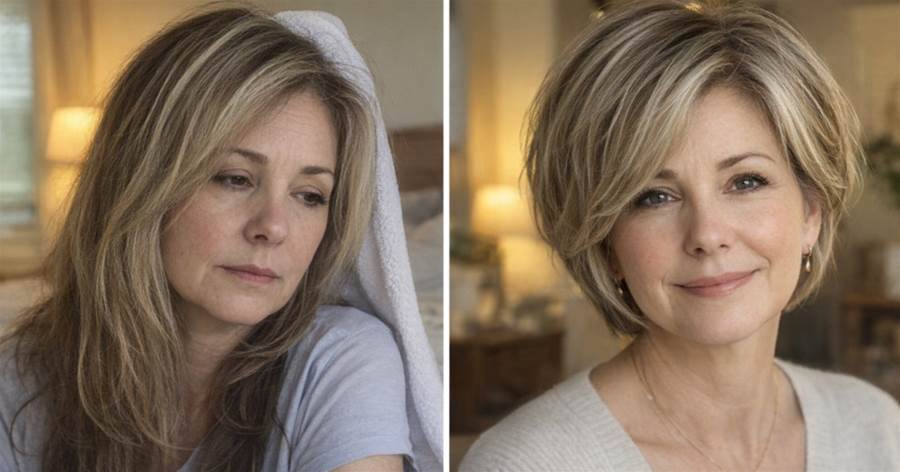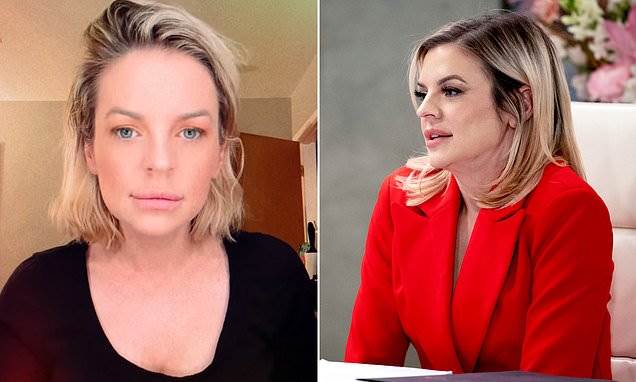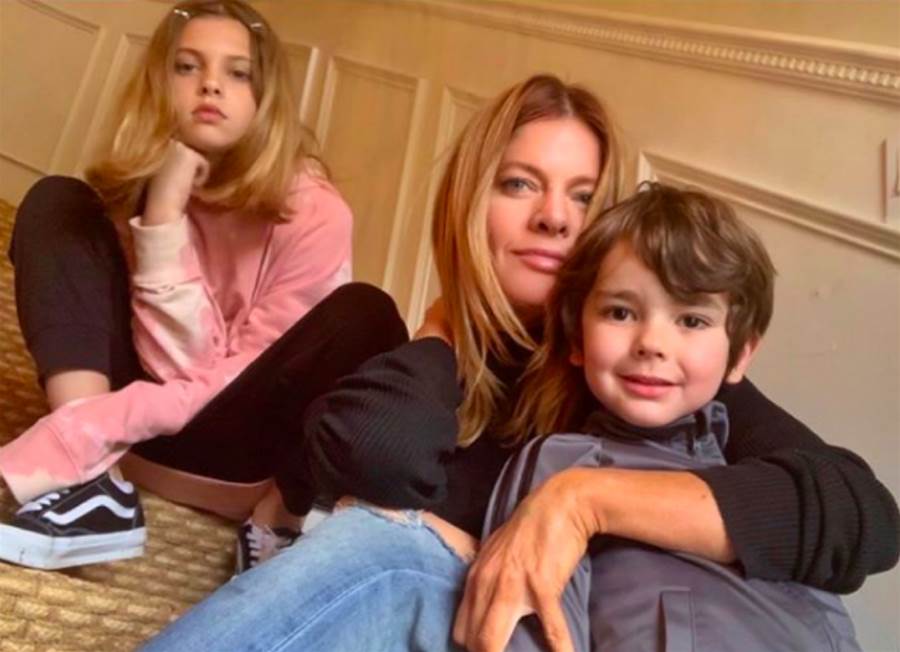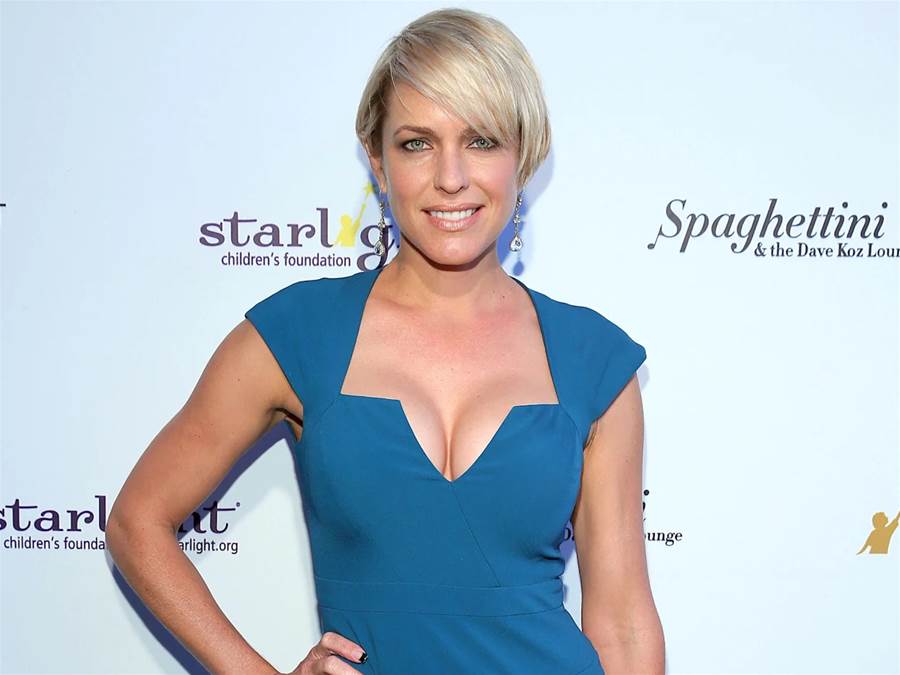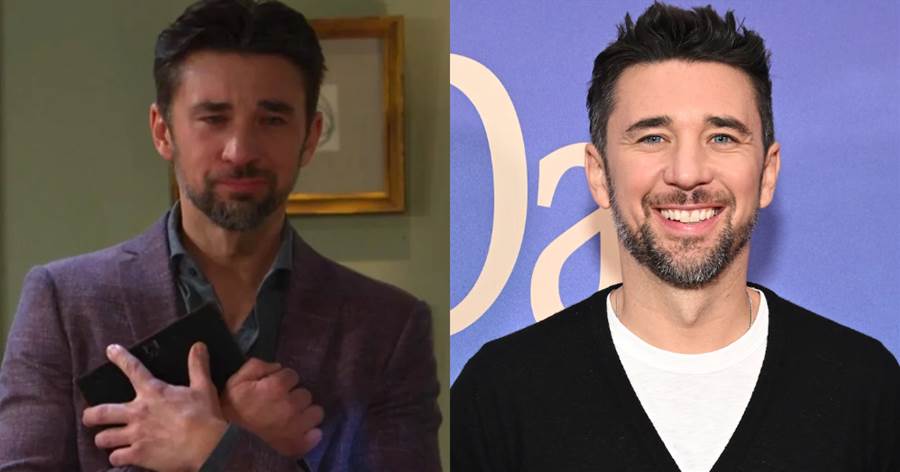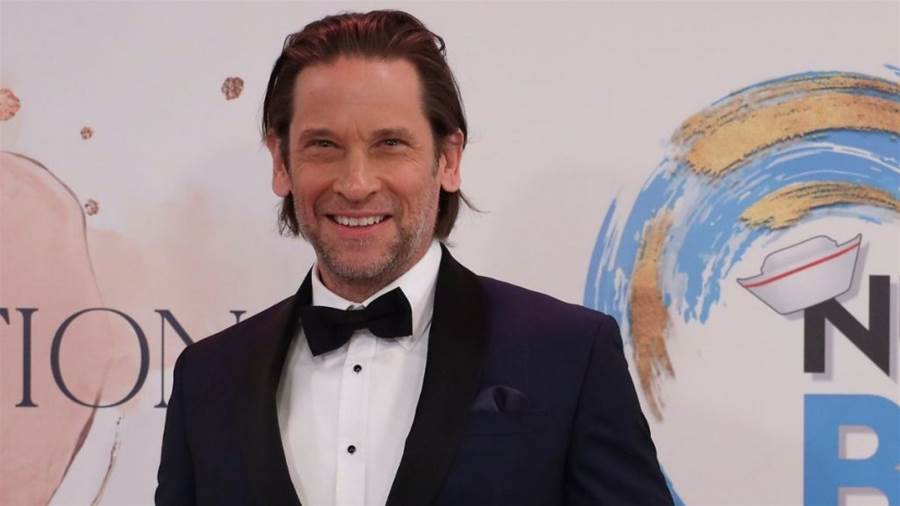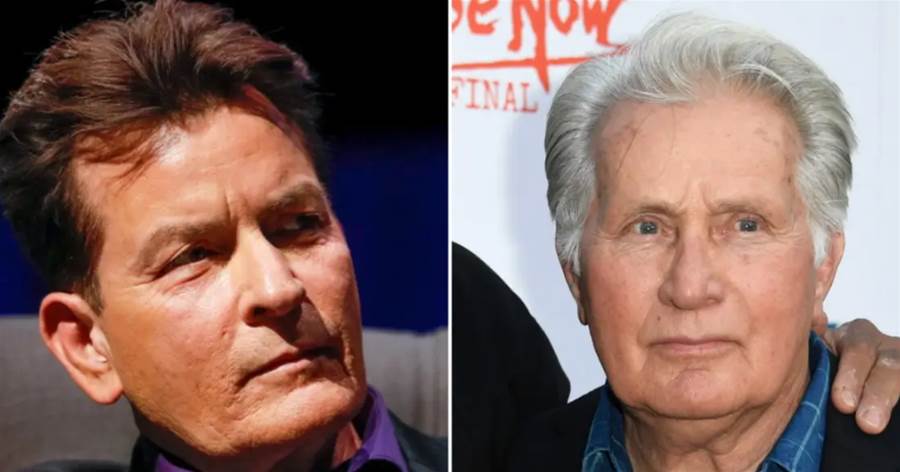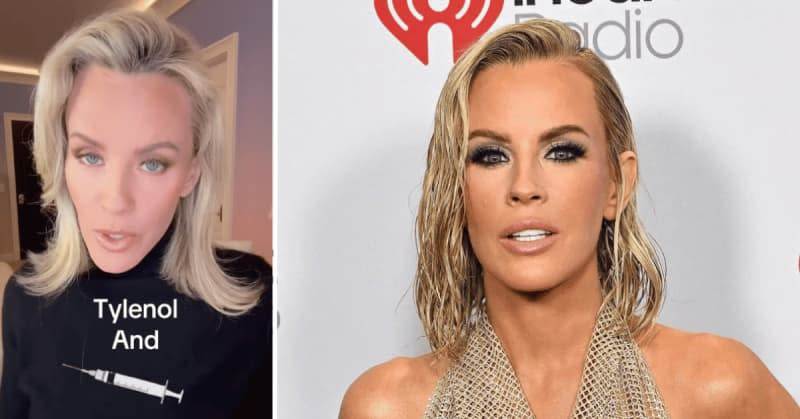
Country music star Jason Aldean recently made headlines with his views on the current social climate, claiming that people have become overly sensitive. In an interview, the singer expressed his frustration with what he perceives as a lack of tolerance and the tendency to take offense at every little thing.
Aldean's comments have sparked a debate about political correctness and the ongoing cultural shift towards more inclusive language and behavior. The country music industry has often been criticized for its lack of diversity and adherence to traditional norms, leading some to interpret Aldean's words as resistance to change.
The article is not finished. Click on the next page to continue.
The article is not finished. Click on the next page to continue.
Next page